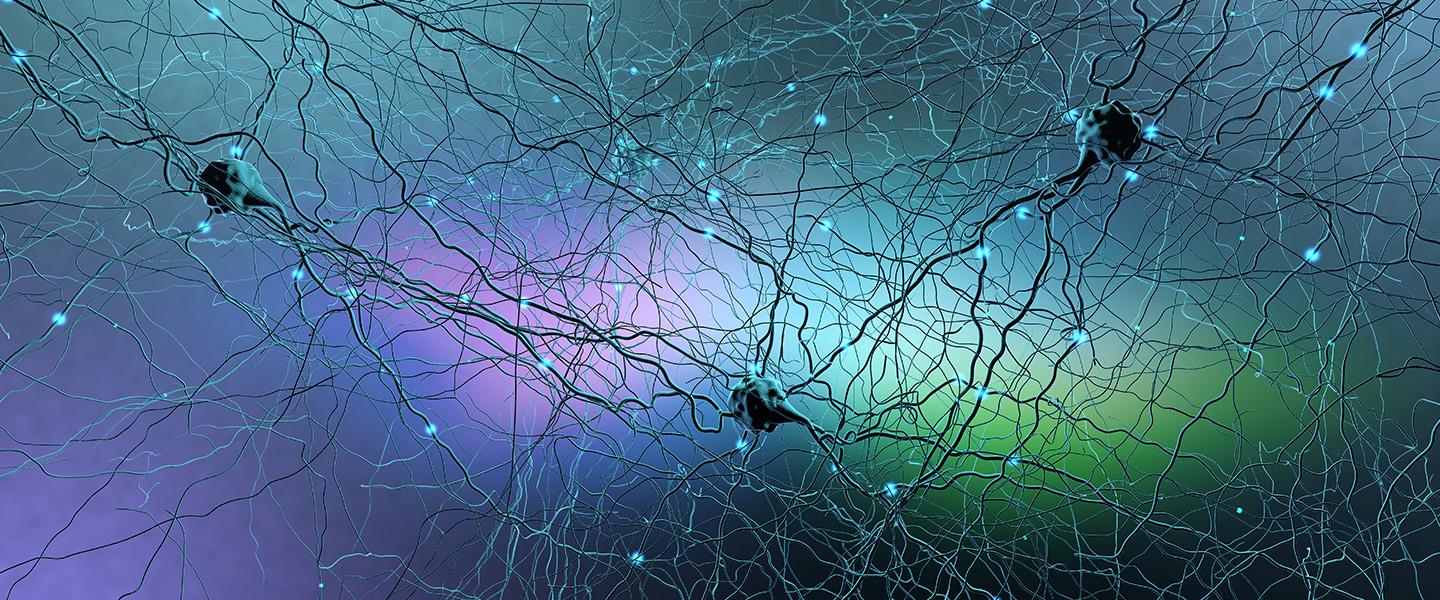Experiments Reveal How a Circuit 'Resets' When the Brain Learns to Respond to New Conditions
Experiments Reveal How a Circuit 'Resets' When the Brain Learns to Respond to New Conditions

Some people are better than others at adapting to new situations, but the ability to rapidly adopt new courses of action as circumstances change is a fundamental brain-based capacity rooted in the evolution of our species. When it is impaired, neither we, nor the myriad other species that must adapt on the fly to succeed, can thrive.
In an open-ended process, we are learning how to behave and respond to the world around us from the moment we emerge from the womb. Difficulty learning from new experiences or changing behavior from well-established patterns is a kind of cognitive rigidity that affects people with a range of psychiatric illnesses. Although it manifests in different ways, cognitive rigidity can be a feature in such disorders as obsessive-compulsive disorder, autism spectrum disorder, PTSD, addiction, and schizophrenia.
Researchers trying to understand the biological underpinnings of the response to novelty hope to identify targets and develop therapeutic strategies to promote adaptive learning in individuals who aren't able to respond effectively to changing conditions.
One team, led by Alan J. Park, Ph.D., a 2020 BBRF Young Investigator at Columbia University, recently published results of experiments in rodents suggesting how exposure to a new situation prepares or “primes” specific brain circuitry in a way that facilitates cognitive flexibility.
The team included five other BBRF grantees, among them BBRF Scientific Council member and 2003 and 2001 Young Investigator Joshua A. Gordon, M.D., Ph.D., a senior team member who is Director of the NIH’s National Institute of Mental Health.
“Cognitive challenges often require old routines to be updated,” the researchers noted in their paper, which appeared in the journal Nature. They tested rodents’ capacity to modify an existing strategy they had learned via behavioral conditioning—a task involving the decision to go to the left or right in a maze to obtain a food reward.
Whenever we encounter new information, that information must be consolidated into a stable, lasting memory for later recall. A key mechanism in this memory consolidation process is a strengthening of neural connections based on recent patterns of activity. This strengthening may be persistent—it doesn’t disappear as soon as it guides a single decision. But it also cannot be permanent, or we wouldn't be able to update memory to accommodate new information. In other words, our ability to remember new experiences and learn from them depends on information encoding that is both enduring and flexible.
In a series of experiments involving mice learning how to obtain a reward under specific circumstances and then changing the circumstances in a variety of ways, Dr. Park and his team were able to show that exposure to novelty resets neural circuits that link two parts of the brain—the ventral hippocampus (vHPC) and the medial prefrontal cortex (mPFC).
It was this circuit “reset” that enabled the mice to overcome a strategy they had previously learned to adopt—and to modify that strategy. Remarkably, the data also showed that both strategies were retained in memory—so that the knowledge gained from the new situation could be acted upon in the future, but only if the situation were judged to be appropriate. The “old” strategy remained a possible option, if the circumstances reverted to the original condition.
The experiments indicated that the circuit reset involves a weakening of connectivity among neurons in the circuit. Additional experiments revealed the mechanism that mediated this weakening: activation of a cellular receptor for the neurotransmitter dopamine called the D1 receptor. When the researchers artificially blocked the receptor in the appropriate brain areas, animals were not able to adapt to novelty.
“Our study points to novelty as one way to trigger the circuitry reset that facilitates learning in mice," said Dr. Park. "The next step is to build on these findings and explore whether novelty plays a similar role in human memory and learning."
The research team also included: Joseph A. Gogos, M.D., Ph.D., a 2017 BBRF Distinguished Investigator, and 2006 and 2003 Young Investigator; Christoph Kellendonk, Ph.D., 2019 BBRF Maltz Prize winner and 2008 and 2002 Young Investigator; Athier I. Abbas, M.D., Ph.D., 2016 BBRF Young Investigator; and Alexander Z. Harris, M.D., Ph.D., 2018 BBRF Young Investigator.




